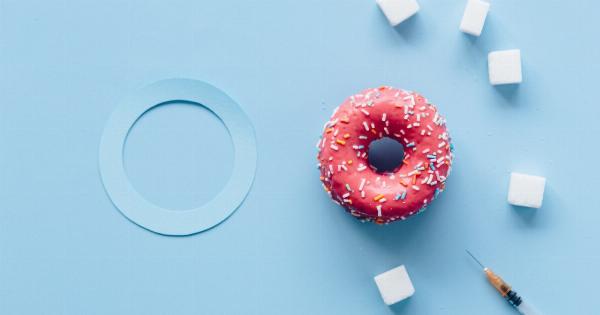Headaches can be debilitating, affecting your work, productivity, and quality of life. While some headaches can be due to underlying medical conditions, others may be caused by everyday habits that you may not even be aware of.
Here are seven everyday habits that could be causing your headaches.
1. Not drinking enough water
Your body needs water to function properly, and being dehydrated can lead to headaches.
If you’re not getting enough water, your body may start to conserve it, and the resulting decrease in blood volume can cause your blood vessels to dilate, increasing the pressure in your head and leading to a headache. Make sure you’re drinking at least 8-10 glasses of water per day, or more if you’re physically active.
2. Skipping meals or eating unhealthy foods
Skipping meals or eating unhealthy foods can also trigger headaches. Eating high-fat or high-sugar foods can cause a spike in your blood sugar levels, leading to a headache.
Skipping meals can also cause a drop in your blood sugar levels, again leading to a headache. Make sure you’re eating a balanced diet with plenty of fruits, vegetables, lean protein, and healthy fats.
3. Caffeine intake
While caffeine can provide a boost of energy and help you stay alert, it can also be a double-edged sword. Too much caffeine can lead to headaches, especially if you’re drinking it late in the day or in the evening.
Stop drinking caffeine at least four hours before bedtime to avoid disrupting your sleep and causing headaches. If you’re prone to headaches, it’s best to limit your caffeine intake to no more than 200 milligrams per day, which is equivalent to about two cups of coffee.
4. Poor sleep habits
Poor sleep habits can also contribute to headaches. If you’re not getting enough sleep, or if you’re not sleeping well, your body may start to produce stress hormones like cortisol, which can cause headaches.
Make sure you’re getting enough sleep each night, and try to establish a regular sleep routine by going to bed and waking up at the same time each day.
5. Posture
Spending long hours sitting at a desk or hunching over your phone or computer can cause tension headaches due to poor posture. Make sure you’re sitting up straight with your shoulders relaxed and your feet on the ground.
If you’re working at a computer, adjust the height of your chair and screen so that your eyes are level with the top of the screen, and take regular breaks to stretch and move around.
6. Stress
Stress is a common trigger for headaches, and it can cause tension headaches, migraines, and other types of headaches.
When you’re stressed, your body produces stress hormones like cortisol, which can cause your blood vessels to constrict and trigger a headache. Make sure you’re taking steps to manage your stress levels, such as practicing meditation, deep breathing exercises, or yoga.
7. Overusing pain medication
Overusing pain medication can actually make your headaches worse, and can lead to a condition known as rebound headaches.
If you’re using pain medication more than two or three times per week, it’s important to talk to your doctor and come up with a plan to manage your headaches without relying on medication. This may involve making lifestyle changes or trying alternative treatments like acupuncture or massage.





























